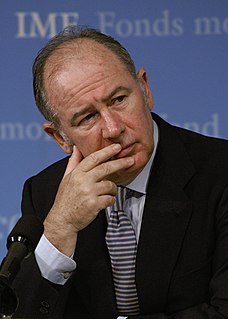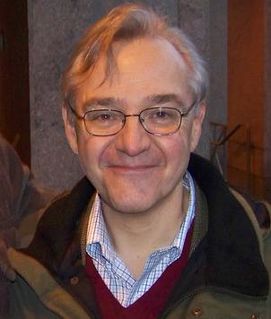A Quote by Michael Beschloss
Whether history will view Ronald Reagan as a great president depends, more than anything else, on one question: how much credit does he deserve for the fact that the Cold War ended far earlier than almost anyone suspected - and on terms that Americans had fantasized about for 45 years?
Related Quotes
We were really helped when President Ronald Reagan came in. I remember non-commissioned officers who were going to retire and they re-enlisted because they believed in President Reagan. That's the kind of President Ronald Reagan was. He helped our country win the Cold War. He put it behind us in a way no one ever believed would be possible. He was truly a great American leader. And those of us in the Armed Forces loved him, respected him, and tremendously admired him for his great leadership.
Even if people aren't Republicans, it doesn't seem shocking to them that Ronald Reagan was the president. Well of course, because Arnold Schwarzenegger was the governor! This is not only a bar too low, this is no bar at all. I don't care who you are, you know 20 people smarter than Ronald Reagan. You know 20 people who would be a better president than Ronald Reagan.
In fact if you look at Reagan's global war on terrorism it very quickly turned into a massive terrorist war: [by us] Central America, South Africa, the Middle East, all U.S.-backed terrorism. That's one of the reasons why it disappeared from history and why the standard line is that Bush 43 declared the war on terror. Actually he just repeated what Reagan had said 20 years earlier.
There is no question that, in 1980, Ronald Reagan had been portrayed as a war-monger, somebody who couldn't do anything off a script. And the one debate with President Jimmy Carter, he stood toe-to-toe and reassured people that he wasn't bound and determined to start World War III on the spot and could make a coherent statement.
You cannot qualify war in harsher terms than I will. War is cruelty, and you cannot refine it; and those who brought war into our country deserve all the curses and maledictions a people can pour out. I know I had no hand in making this war, and I know I will make more sacrifices to-day than any of you to secure peace.
Which founders have these presidents cited - and why? What did, say, President [Ronald] Reagan's view of George Washington, or President [Bill] Clinton's view of Thomas Jefferson, tell us about their view of America and where they intended to lead the country?In many cases, it told us a lot about the president.
If we [Americans] are a strong people, a united people, why do we always have to hear how great we are? What is this self-love? Where does this come from? It got worse, because after the war we thought we'd won it. That's the first myth. Frankly, Russia won it. The Soviet Union sacrificed far greater form than anyone else to win that war. Secondly, we had the atomic bomb. We should not have dropped it on Japan. We did as an example to the Soviets, not to defeat Japan and to save American lives. These are myths that we explode with a lot of research early on.
Americans, more than most people, believe that history is the result of individual decisions to implement conscious intentions. For Americans, more than most people, history has been that.... This sense of openness, of possibility and autonomy, has been a national asset as precious as the topsoil of the Middle West. But like topsoil, it is subject to erosion; it requires tending. And it is not bad for Americans to come to terms with the fact that for them too, history is a story of inertia and the unforeseen.
The new culture war is about national identity rather than religion and 'transcendent authority.' It focuses on which groups the United States will formally admit to residence and citizenship. It asks the same question as the old culture war: 'Who are we?' But the earlier query was primarily about how we define ourselves morally. The new question is about how we define ourselves ethnically, racially and linguistically. It is, in truth, one of the oldest questions in our history, going back to our earliest immigration battles of the 1840s and 1850s.








































